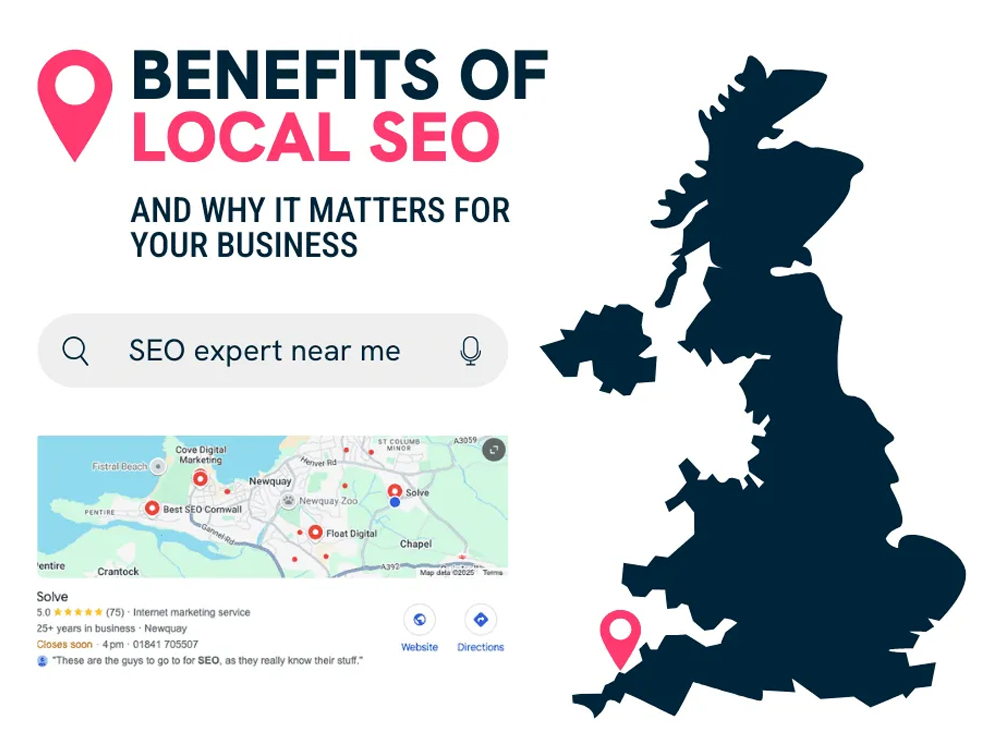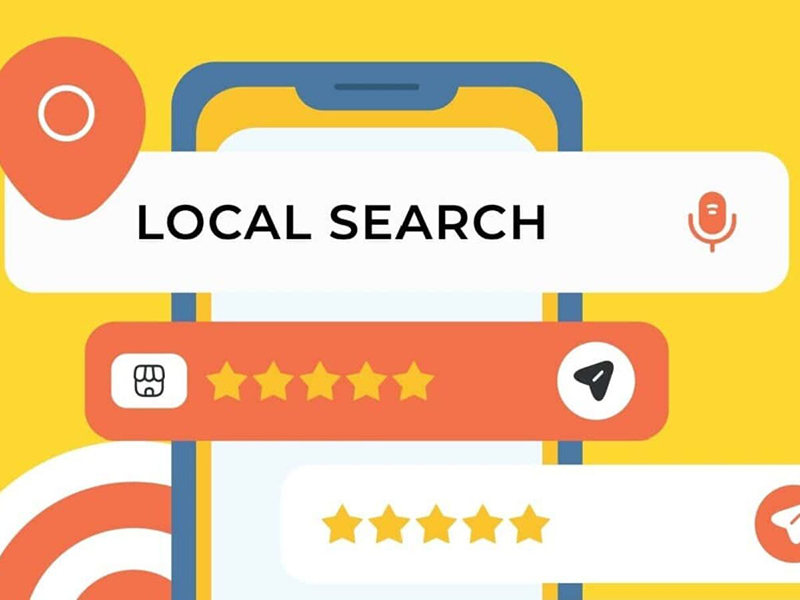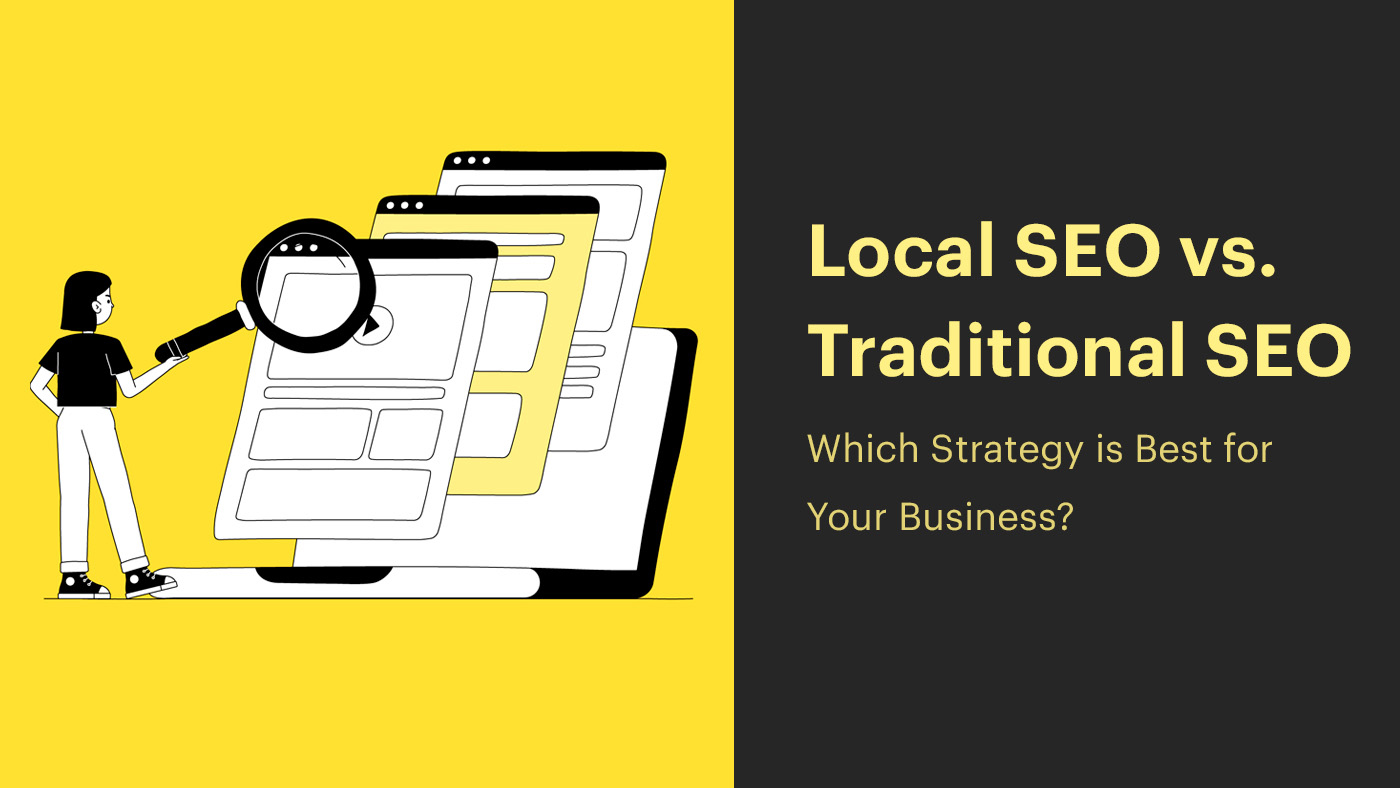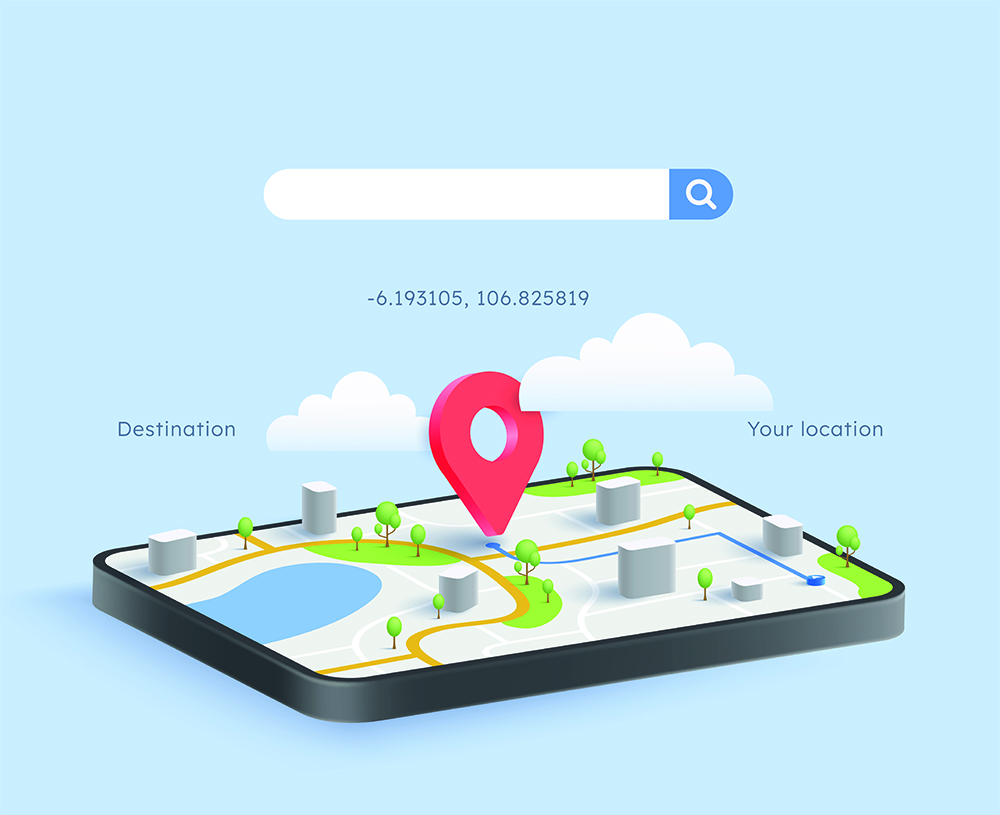
In the digital age, having a strong online presence is no longer optional — it’s essential. But for small businesses that primarily serve a local area — be it a town, city, or region — generic SEO (search engine optimisation) alone often isn’t enough. That’s where Local SEO comes into play. In this article, I’ll explain what Local SEO is, why it matters especially for small businesses, and how you can start putting it into practice.
Local SEO is the process of optimising your online presence so that your business shows up in search queries with local intent — for example, “plumber in Oxford,” “best café near me,” or “web designer in Manchester.”
While “ordinary” SEO aims to rank your site for broad search terms across the country or globally, Local SEO focuses on ranking in a specific location, attracting customers who are nearby or in your service area.
When you search in Google (or Bing) for terms that imply location, you’ll often see a Local Pack (map + three businesses) above or alongside regular results. That Local Pack is often dominated by businesses with well-optimised local SEO.
So for many small businesses — shops, cafés, tradespeople, local service providers — Local SEO is a powerful tool to get found by people who are ready to act (visit, call, book) in your area.
Here are the key reasons why Local SEO should be one of your business priorities:
1. High Intent, High Conversion Traffic
People using local or “near me” searches are often further along in their decision-making process. They already know what they want and are often ready to act. According to recent data:
In other words: with local SEO, you’re not just getting views — you’re getting motivated potential customers.

2. Better Visibility & Discoverability
If your business doesn’t appear in local search results, many potential customers will never know you exist. Local SEO helps:
Better visibility means more clicks, calls, foot traffic, and inquiries.
3. Cost-Effectiveness Compared to Broad Advertising
Large companies often compete with big ad budgets across broad markets. For a small business, that’s often unsustainable. Local SEO allows you to focus your effort and budget on the people in your immediate area — the ones who matter most.
You don’t necessarily need to spend huge amounts on national ad campaigns — with consistent on-page SEO, optimizing your local listings, and gathering reviews, you can get solid returns.

4. Builds Trust, Credibility & Social Proof
People trust what they see ranked high, especially when they see reviews, accurate business information, and consistent listings. Some important stats:
By maintaining a well-optimised Google Business Profile (GBP), collecting and responding to reviews, and keeping your NAP (Name, Address, Phone) consistent, you strengthen your credibility and ranking.
5. Level the Playing Field Against Bigger Competitors
National brands may dominate broad keywords (“best web design UK”) but they often don’t do well locally in every town. With strong local SEO, you can outrank them in your own area where they might not focus.
That gives small, local companies a competitive edge.

Here are practical steps small businesses can take:
1. Set Up & Optimise Your Google Business Profile
Your GBP (formerly Google My Business) is central to local SEO. Ensure:
A well-optimised GBP increases your chances of appearing in the map / Local Pack section of search results.
2. On-Page Signals & Local Keywords
Make sure your website supports your local SEO goals:
3. Citations & Directory Listings
Citations are mentions of your business name, address, phone in online directories or local websites. Steps:
Citations help search engines validate your business as “real” and local.

4. Reviews & Reputation Management
Encourage customers to leave honest reviews, ideally on Google and other local platforms. Then:
Reviews are a key trust factor and influence your local ranking.
5. Local Backlinks & Partnerships
Backlinks from local websites (local news, blogs, business associations, partners) signal strong local relevance:
These links help authority and local ranking.
Small businesses that avoid these pitfalls tend to see better and more sustainable results.
These statistics underscore that local SEO is not a “bonus” — it’s a crucial channel for small businesses aiming to reach nearby customers.

For small businesses operating at the local level, Local SEO is a must, not a nice-to-have. It lets you reach people who are actively looking for your services nearby, build trust, compete more effectively, and turn searches into real customers.
We would love to work with you on your next project or breathe new life into an existing one. Speak to our experts today!
Contact us